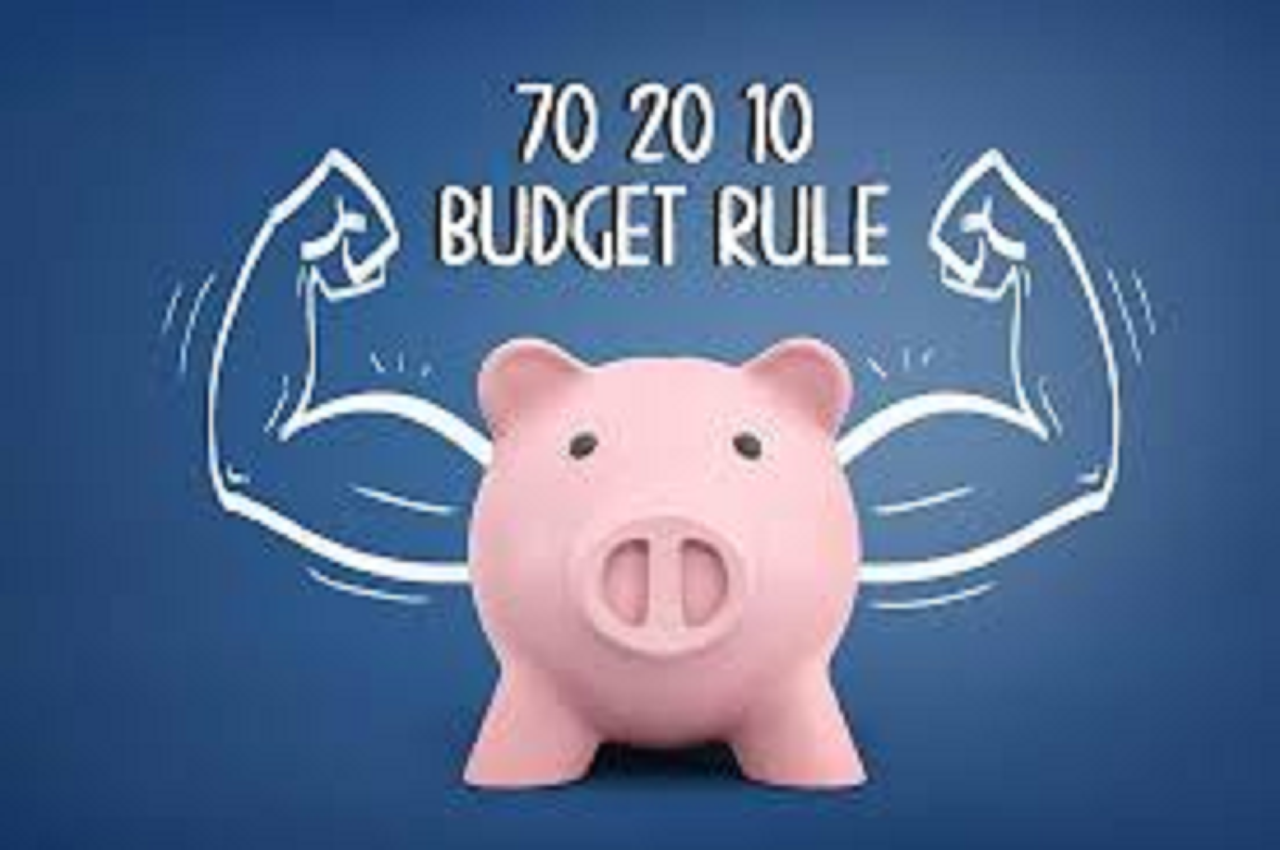Money management: 70/20/10 rule, how to manage money, Finance managing, personal finances, financial goals, financial stability, budgeting guidelines, Debt Management, long-term financial planning, loan management
The 70/20/10 rule is a personal finance management guideline that proposes individuals allocate their money as follows: 70% for basic expenses, 20% towards financial objectives, and 10% for leisure and miscellaneous expenses.
The first category, essential expenses, covers items that must be purchased in order to maintain your basic quality of living. Housing, transportation, food, utilities, and any other fees or expenses required to sustain your existing lifestyle are all included.
The second category, financial objectives, is for saving and investing. Paying off debt, saving for retirement, saving for a down payment on a house, or investing for a child’s education are all examples. This is a critical category for long-term financial stability and security.
Final category: Leisure and miscellaneous expenses is the final category for non-essential spending. Vacations, dining out, entertainment, and other luxuries are examples of such expenses. While these expenses are not necessary, they can still be included in a healthy financial plan as long as they stay within the 10% budget limit.
Money management: 70/20/10 rule: A flexible guideline
The 70/20/10 rule is a flexible guideline that may be tailored to meet the needs and circumstances of each individual. For example, if a person is drowning in debt, they may decide to devote a larger portion of their income to debt repayment and a smaller portion to entertainment and incidental expenses. Alternatively, if someone has a large income and significant savings, they may invest more money in financial goals, leisure, and miscellaneous costs.
Read More :-ADANI ENTERPRISES WILL NOT PROCEED WITH FPO, SAYS WILL RETURN MONEY TO INVESTORS
It’s critical to remember that the 70/20/10 rule is a guideline, not a hard and fast law. Each person’s financial position is unique, therefore it’s critical to tailor the concept to your specific requirements and goals. Individuals can achieve greater control over their finances and work toward long-term financial stability by adhering to the core concepts of the rule.
To apply the 70/20/10 rule, first track your expenses for a few months and then examine where your money is going. Once you understand your spending habits, you may create a budget that follows the 70/20/10 rule. It’s also a good idea to check through your budget on a frequent basis and make changes as needed. You may assure long-term financial success by keeping your costs in line with your income and managing your money in a way that corresponds with your goals and priorities.
Read More :- Latest Business News












